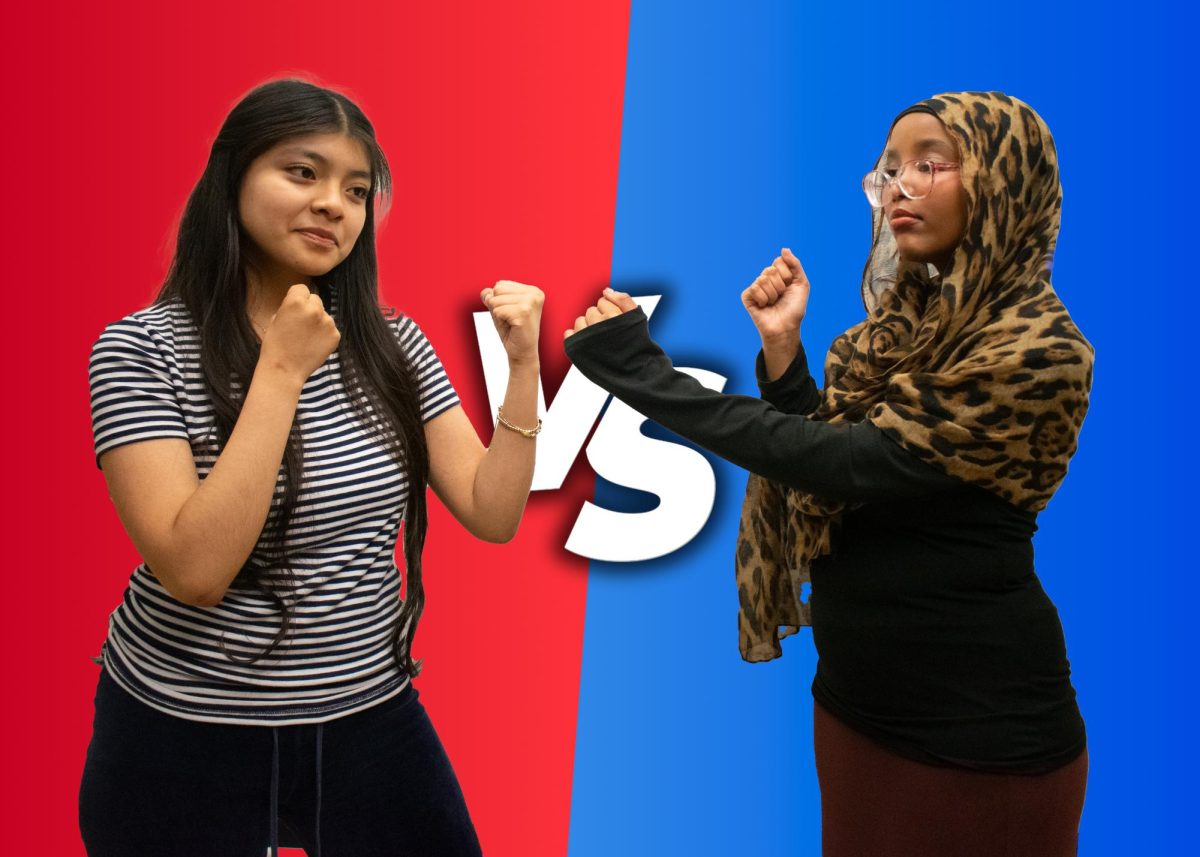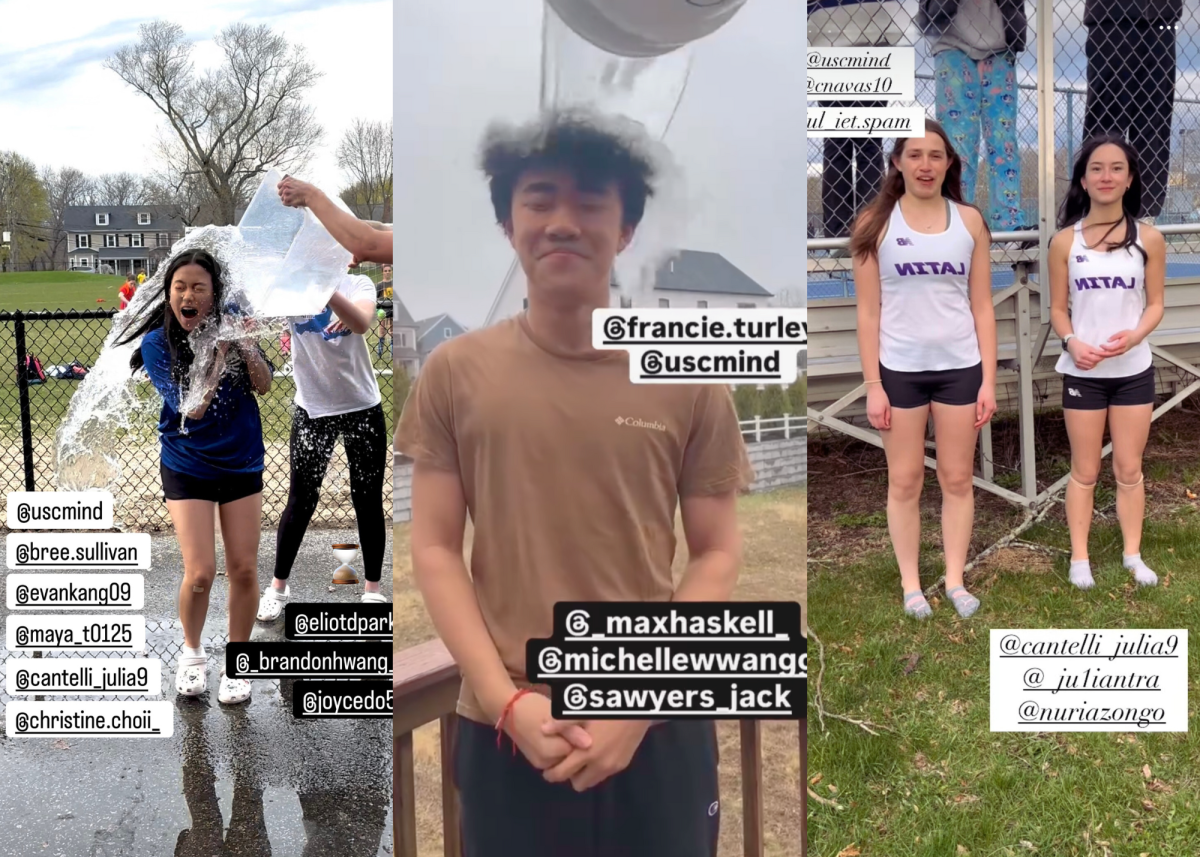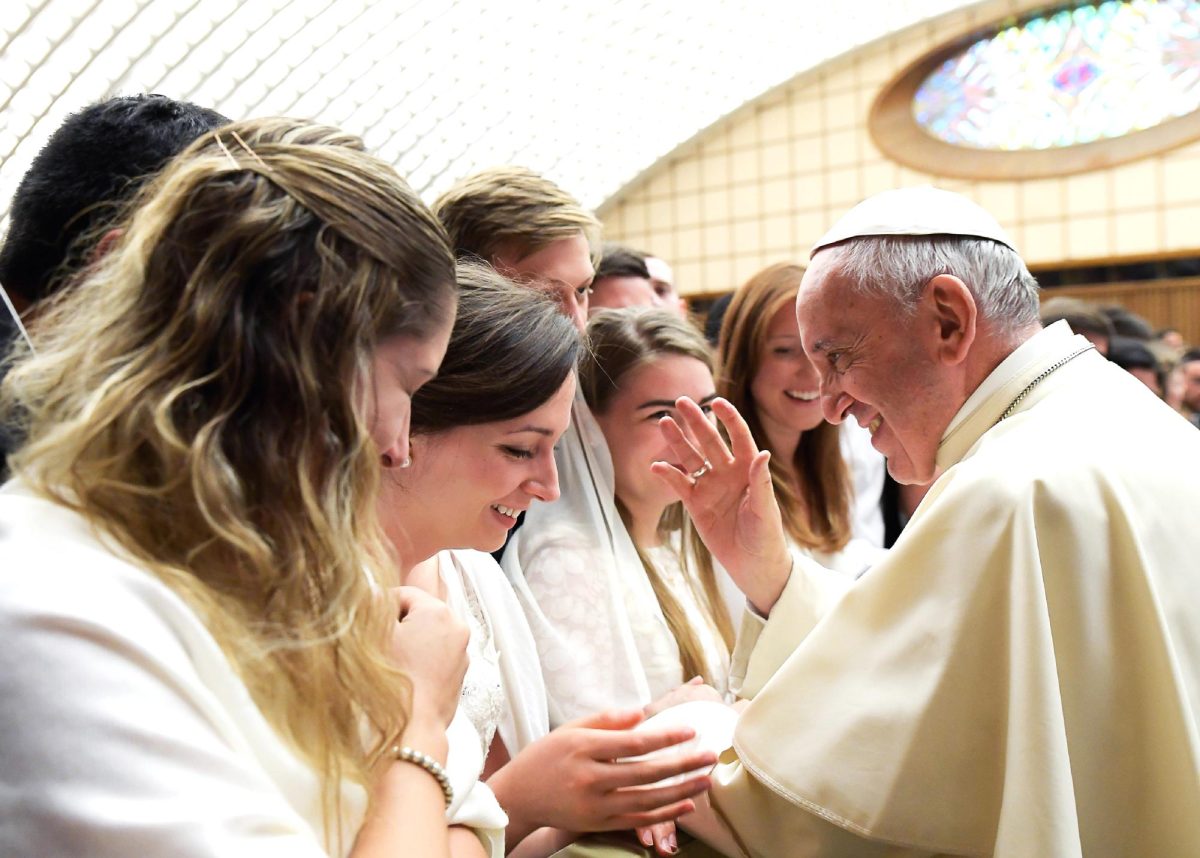Well, it’s the result no one wanted, but the one we will likely receive: Joe Biden vs. Donald Trump in another head-to-head match-up for the presidency. Despite both Biden and Trump sporting national approval ratings in the low 40-percent range, there seems to be enough momentum to support billion-dollar presidential campaigns for the duo in 2024. Yet, the Biden-Trump rematch is more than just a political battle; it is demonstrative of a system that ranks factional flattery above electability. The culprit? Our primary system. The solution? Ranked choice voting.
Beginning in mid-January with Iowa and New Hampshire, Democrats and Republicans vote, state-by-state, for the presidential candidate who they think will best serve them in the White House. In theory, the system makes sense, but in practice, it often means that two presidential hopefuls are scrounging together a slight majority of their party’s most ardent supporters — a factional dynamic exacerbated by voter turnout as low as 20 percent. Come Election Day in November, Americans are left choosing between two politicians with a small, but vocal, base of support and a tepid reception from the rest of the country.
Luc Vulliez (II) comments on the problems with our current system: “I definitely think a lot of the blame lies in the two-party system, which limits voters’ choices to two candidates without either option really representing the majority of voters.”
Much of the fault results from the fact that the American primary system is designed as a ballast against change. Status quo powers in the Democratic (DNC) and Republican National Committees (RNC) work to box out new, driven candidates who speak to issues that resonate with the younger generations — including us. For example, the DNC has been hostile to any Democratic challengers to the incumbent president in 2024. Despite his age and less-than-glowing economic record, the DNC is already behind him with millions of dollars in fundraising lined up. All this political entrenchment creates extreme barriers to entry, even if a politician does have a message that voters can get behind.
While it is true that some of the blame does lie with voters, and particularly young people who don’t turn out for primaries en masse, the DNC and RNC’s atmospheres of hostility and reproach for newcomers with bold ideas does nothing to motivate voters, who feel as though the system is stacked against them.
Aleksa Angjeliu (I) echoes this sentiment, saying, “I don’t think that most voters particularly want a rematch, especially since both [Trump and Biden are] some of the most unpopular presidents. […] I think people outside the die-hard supporters are tired of the match-up at this point.”
Though the outlook is not favorable, students at BLS are either at, or near, the legal voting age, and soon will be the ones in the ballot box, able to amend America’s political system. A crucial reform that would go a long way toward improving the status quo is ranked choice voting, where voters, as the name implies, rank candidates in an order of preference.
Unlike today, however, voters wouldn’t need to worry about “wasting” a vote on a long-shot candidate, because after the first round of ballots are tallied, and assuming no candidate earned a majority of the vote, the last-place candidate is dropped, and the second-choice picks of that politicians’ voters are distributed.
In essence, this would create more latitude for voters to go with the candidate of their choice and improve voter turnout, as more candidates who people feel passionate about would be on the ballot.
Time Magazine highlighted in 2019 that ranked choice voting could fundamentally reshape elections and better reflect the true will of the people, furthering that if it have been instituted, Al Gore likely would have won the presidency in 2000, and the 2016 race between Clinton and Trump may have had a different outcome, as the influence of “spoiler” third-party candidates was diminished.
Only time will tell if the primary system continues in its current form, or if the American people will continue to see factional candidates with limited appeal. Effective governance and faith in this grand American experiment of ours rests in the balance. Yet, for 2024, it looks as though Republicans are fully behind Trump and Democrats will be settling for Biden.








